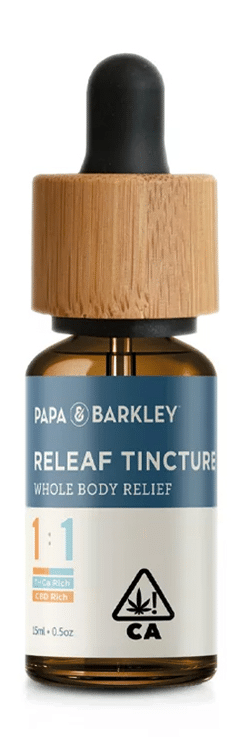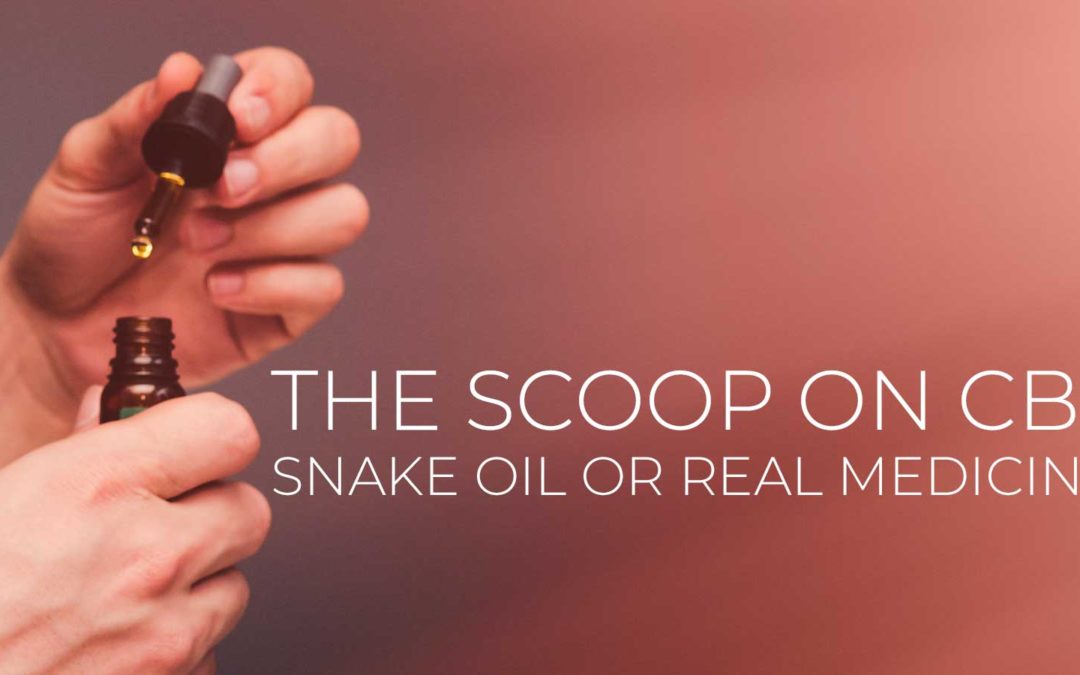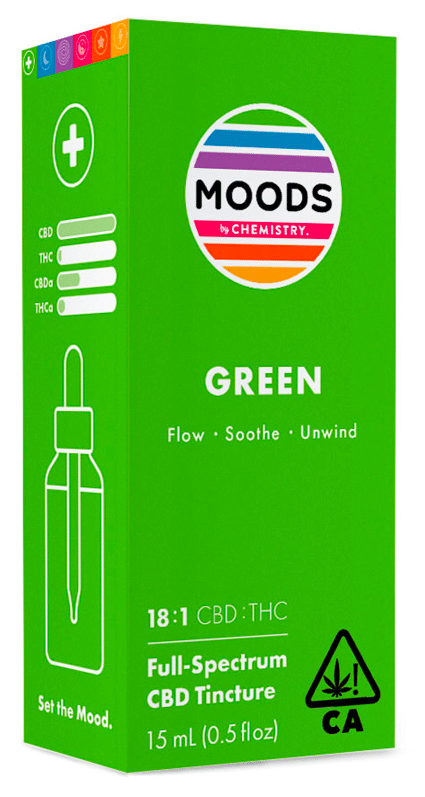The Scoop on CBD – Snake Oil or Real Medicine?
The CBD craze has reached every corner of America. But as you might suspect, the CBD body oil gifted to guests at a celebrity wedding shower is vastly different from the CBD oil you’d find on the shelves of your neighborhood convenience store. What about a middle ground – CBD that actually makes you feel better?
By now, you’ve probably heard about the benefits of cannabidiol (CBD). The non-intoxicating compound found in cannabis and hemp has been found to have an array of therapeutic benefits, from suppressing seizures and reducing inflammation to calming anxiety and decreasing depression.
Unfortunately, the CBD you find at retail shops is often made with synthetic additives that don’t meet testing standards. Even worse, some of this CBD oil contains only trace amounts of cannabidiol. After the U.S. Farm Bill passed in 2018 that legalized industrial hemp, the CBD market exploded. Because CBD is not yet bound by government regulations, the market has become flooded with shady businesses looking to capitalize on its popularity.
But not all CBD in the marketplace is snake oil. In fact, the highest quality cannabidiol has had profound medicinal benefits, from helping sick children become seizure-free to easing cancer symptoms and maximizing quality of life for elderly consumers.
How can you make sure you’re getting the best medicinal product for your money? We explain the differences between products, and what to look for in your search for relief.
Hemp-Derived CBD vs. Cannabis-Derived CBD
There are two types of CBD available. CBD derived from the hemp plant contains less than 0.3% THC, which won’t get you high. Although hemp is now legal at the federal level, different states have their own legislation regarding CBD oil. Cannabis-derived CBD offers a higher THC content (between 5% and 30%) and is only available in states where cannabis has been legalized for medical or recreational use.
At the molecular level, CBD is the same compound regardless of whether it’s found in a hemp or cannabis plant. The primary difference lies in the source. CBD from cannabis contains a richer variety of cannabinoids due to its resin (the sticky crystals that appear on female cannabis flowers). The range of beneficial cannabinoids and terpenes – the aromatic oils that give cannabis its distinct flavors and aromas – work together to create something called the entourage effect. It’s this phenomenon, say experts, that gives whole-plant cannabis extracts greater therapeutic benefits than their hemp counterparts.
Certain types of hemp-derived CBD do contain cannabinoids and terpenes. But these extractions have neither the concentration nor the diversity of the healing compounds found in marijuana plants. The lower potency of THC in hemp-based CBD makes the extract is less effective for treating certain symptoms, such as pain and inflammation.
Testing Weeds Out the Snake Oil and Keeps You Safe
Another main difference between the two types of CBD is oversight. Hemp-derived CBD is not yet subject to a widely enforced regulatory framework. This is why you see products being sold in grocery stores and gas stations.
Where cannabis is legal for medical or recreational use, products are heavily regulated and must undergo stringent testing from licensed facilities. For example, in California, all cannabis must be tested for the presence of:
- Pesticides
- Microbial impurities
- Heavy metals
- Residual solvents
- Mycotoxins
Each product is also tested for its cannabinoid and terpene content, so consumers know exactly what they’re putting into their bodies. Some hemp CBD companies perform their own third-party testing to check for the presence of metals, pesticides and other toxins. No matter what kind of CBD appeals to you, be sure to look for test results.

Three Types of Hemp-Based CBD
Some people opt for hemp-based CBD because they don’t want any psychoactivity (the “high” feeling) whatsoever. If you’re looking to minimize the amount of THC in your system but still want as many of the therapeutic benefits as possible, choose a “full-spectrum” CBD over an isolate or broad-spectrum oil.
Isolates have only cannabidiol, making them less effective, but are a good option if you need to pass a drug test or want to see how your body reacts solely to CBD.
Broad-spectrum CBD is the third type of hemp-derived CBD. Though it’s harder to find, broad-spectrum has a few other terpenes and cannabinoids present, but not as many as a full-spectrum product.
Where to Buy High-Quality CBD Products
In California, getting your hands on top-quality CBD is easily done by visiting a legal a dispensary or ordering cannabis delivery from an established company. If you live in the San Francisco Peninsula or Stockton areas, Juva has a handful of CBD-rich tinctures and other products that can be delivered to your door.


